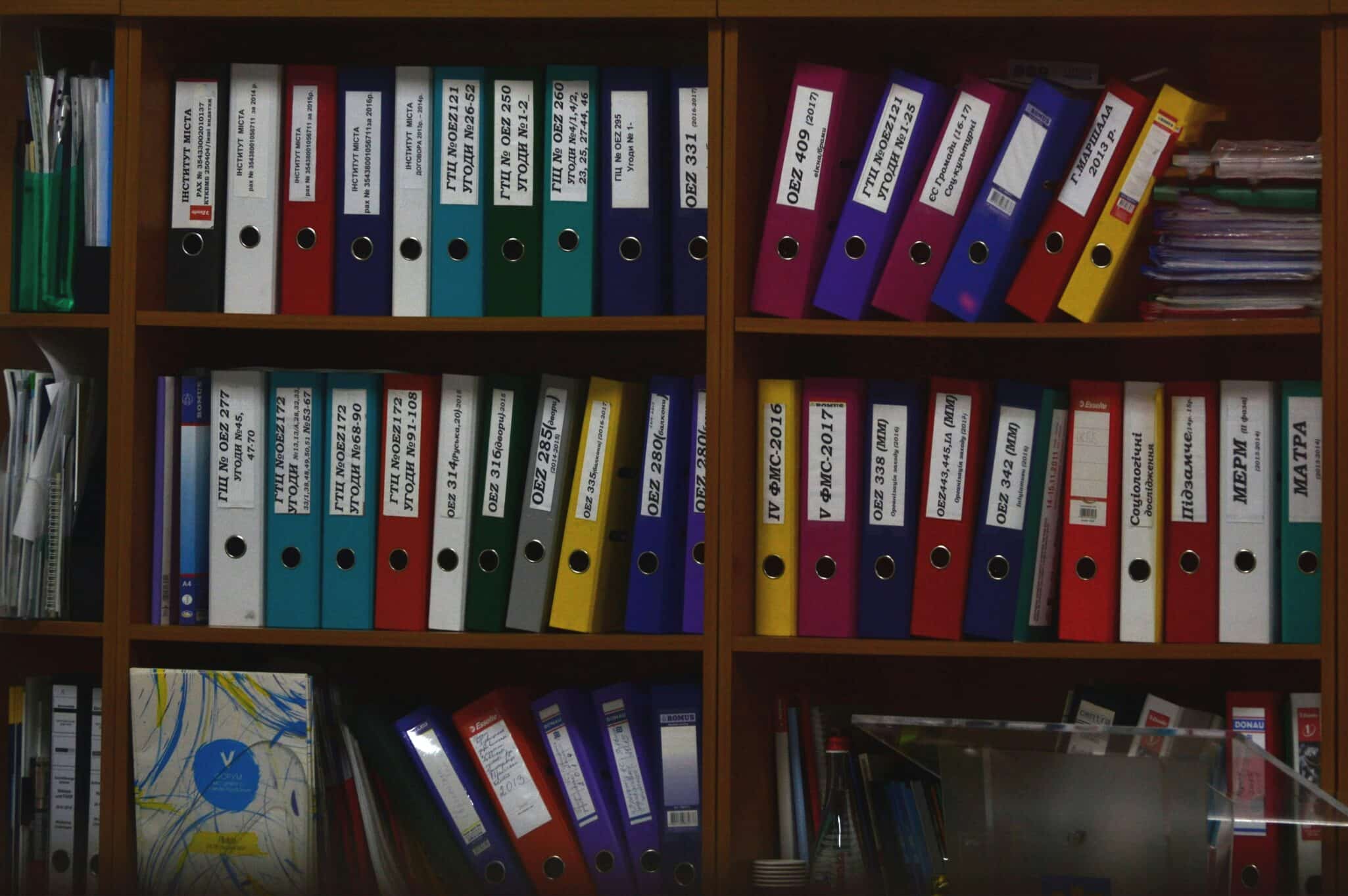Introduction to Apostille
The process of international communication and legal document verification can be complex. One tool that helps simplify this process is the apostille, a specialized certificate that authenticates documents for use in foreign countries. This comprehensive guide aims to shed light on the meaning of apostille, its historical context, and how it can be utilized for both professional and personal purposes.
What is an Apostille?
An apostille is a certificate issued by a designated authority in a country that verifies the authenticity of a document’s signature, seals, and stamps. It is essential for facilitating the acceptance of documents internationally without the need for further verification. The apostille is provided under the Hague Convention of 1961, which was established to simplify the legalizing process for documents used between member countries.
Historical Context of Apostille
The Hague Convention
Before the introduction of the apostille, individuals faced numerous bureaucratic hurdles when dealing with document verification across borders. Different countries had varying requirements, leading to confusion and inefficiency. Recognizing the need for an easier process, the Hague Conference on Private International Law convened, resulting in the Hague Convention Abolishing the Requirement of Legalization for Foreign Public Documents. This landmark agreement was signed in 1961 and established the apostille as a globally recognized method for document verification.
Acceptance and Implementation
The apostille system has gained widespread acceptance, with over 120 countries currently participating as members of the Hague Convention. Each member country has designated authorities responsible for issuing apostilles, creating a streamlined process for document acceptance worldwide. This international cooperation reflects commitment to mutual respect for legal documents and helps in fostering better communication between countries.
How Does an Apostille Work?
Steps to Obtain an Apostille
Obtaining an apostille requires following a series of steps, although the exact process may vary by country:
- Verify Document Eligibility: Only specific types of documents can receive an apostille, including birth certificates, marriage licenses, court documents, and notarial acts.
- Organize Required Documents: Ensure all necessary documents, along with official copies, are prepared and accurate.
- Contact the Designated Authority: Locate the designated authority in your country responsible for issuing apostilles. This is typically a government office such as the Secretary of State or a foreign affairs ministry.
- Submit Your Documents: Present your documents to the designated authority, along with any required fees.
- Receive the Apostille: Upon approval, the authority will attach the apostille to your documents, certifying their authenticity.
Costs and Timeframes
The cost of obtaining an apostille varies depending on the issuing authority and the number of documents submitted. Timeframes can also differ; some authorities may provide expedited services for an additional fee. It is advisable to check the specific requirements of the designated authority in your country for accurate information.
Uses of Apostille in Professional Settings
Business Transactions
In the global marketplace, businesses often need to submit documents internationally. An apostille verifies the legitimacy of contracts, financial documents, and corporate resolutions, ensuring that they are recognized in foreign jurisdictions.
Employment Verification
Apostille services are vital for professionals requiring employment verification documents when seeking work abroad. This includes diplomas, employment letters, and reference letters, which often need to be authenticated to meet employer requirements.
Legal Proceedings
Attorneys and legal professionals frequently utilize apostilled documents in cross-border legal matters. Apostilles ensure that court documents, affidavits, and other legal paperwork are accepted and recognized internationally.
Applications of Apostille in Personal Use
Travel and Immigration
Individuals planning to travel, study, or immigrate to another country may require apostilled documents. Common documents include birth certificates, marriage licenses, and adoption papers. These documents must be authenticated to meet visa application requirements, making apostilles an invaluable resource for prospective travelers and immigrants.
Educational Purposes
If you are applying for educational programs abroad, your academic credentials may require apostille verification. This step assures educational institutions that your degrees and transcripts are legitimate and recognized.
Challenges and Considerations
Limitations of Apostille
While apostilles facilitate the international recognition of documents, they are not a universal solution. Notably, specific countries outside the Hague Convention may not accept apostilles, necessitating further legalization procedures for documents intended for use in those jurisdictions. Always verify the acceptance requirements of the destination country to avoid complications.
Common Misconceptions
Some individuals may confuse an apostille with a notary or a common certification. Although these processes are related, they serve different purposes. An apostille verifies the authenticity of a document, while a notary public typically attests to the identity of the person signing the document. Understanding these differences can prevent misunderstanding during documentation processes.
Conclusion
Understanding the meaning and significance of an apostille is crucial for anyone engaging in international legal, business, or personal transactions. The ability to verify the authenticity of documents efficiently opens doors to global opportunities. By familiarizing yourself with the apostille process and its implications, you can navigate international requirements smoothly and avoid potential pitfalls.
As a professional or an individual planning to utilize apostille services, it’s essential to approach the process with diligence and an informed perspective. Clients who invest time in understanding this vital component of international document authentication are better positioned to achieve their goals with confidence and clarity.
If you are looking for a team of professionals to help you with document translation or quick legalization, access our order form or contact us here.

